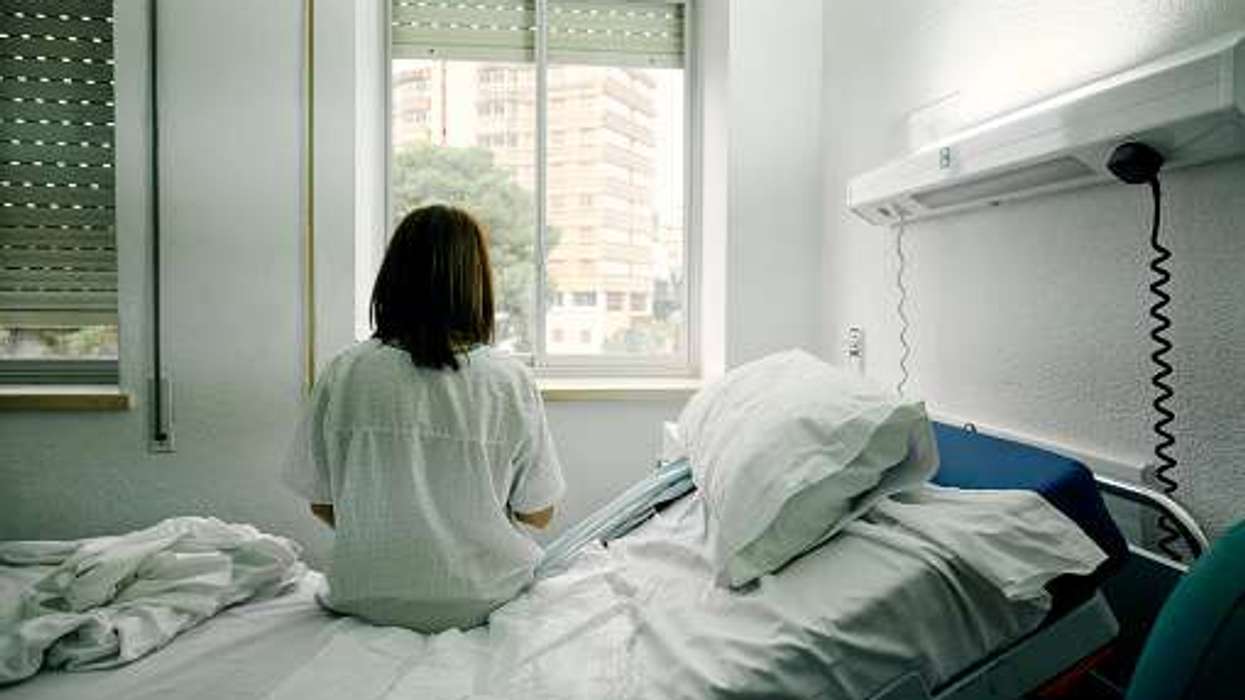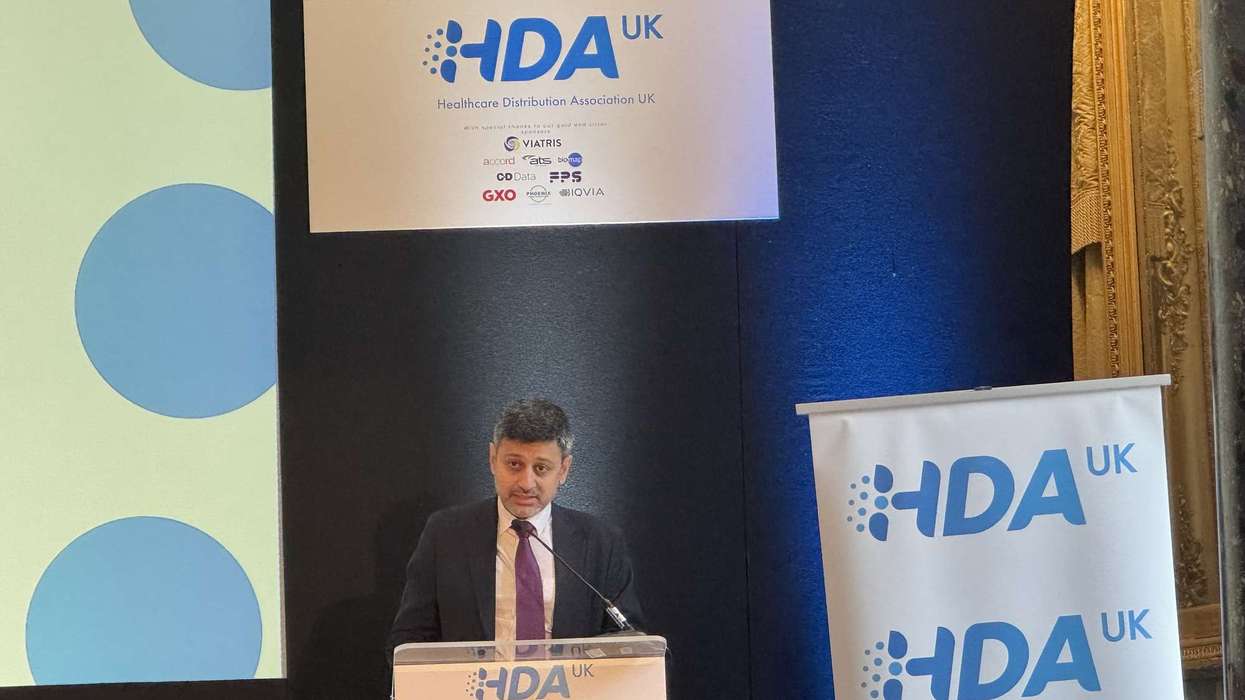The Competition and Market Authority (CMA) has suggested regulatory levers to curb "potential competition risk" from hub and spoke dispensing.
In its response to the hub and spoke dispensing consultation, led by the Department for Health and Social Care (DHSC) last week, the competition watchdog said that a pro-active approach to monitoring the effect of hub and spoke dispensing and subsequent early consideration of any competition concerns was likely to be more effective and potentially less costly than any "ex-post enforcement any ex-post enforcement or unpicking of subsequently embedded competition issues".
The competition watchdog has made a few suggestions to identify and remove the barriers to competition that might emerge with the new business models entering the market. It has asked the department to enable a "more level playing field".
“Smaller independent pharmacies should, have improved access to automation and new dispensing models,” it said.
Welcoming the opportunity to engage with the DHSC, CMA encourages the department to pro-actively monitor the impact of this policy, to engage with industry as the ‘hub’ market develops, and to consider ways of encouraging competition.
The watchdog’s response highlights that effective competition between firms that supply medicines to pharmacies is important to delivering better outcomes to pharmacies, patients and the NHS.
“There may be potential longer-term competition risks in the supply chain if the market develops in such a way that pharmacies’ access to medicines is through an increasingly limited number of hub suppliers. The complexity of this market and nature of dispensing arrangements may serve to exacerbate this risk,” said CMA, in its response to impact assessment.
While agreeing that the impact of the policy should be monitored, CMA said: “The impact assessment sets out that it is difficult at this stage to predict how the market will develop and that this policy and market would particularly benefit from ongoing monitoring or periodic review.”
CMA has advised the department to commits to monitoring or reviewing the implementation of the policy, and how the hub market develops and the impacts of this on the wider supply chain.
It also suggested that the department should identify any barriers to competition that emerge, particularly in relation to new entry to the hub market or pharmacies experiencing friction in switching between hubs by engaging with industry as the market develops.
Gareth Jones, director of corporate affairs at the National Pharmacy Association (NPA) commented on the CMA’s response to hub and spoke dispensing consultation.
He said: “The CMA clearly recognises the potential competition risks from hub and spoke dispensing, which the NPA brought to their attention several months ago.
“We agree with CMA’s call on government to put in place new regulatory levers to reduce those risks.
“The NPA has already suggested a multi-pronged approach, including removing direct to pharmacy and limited wholesaler schemes so that any registered provider meeting standards can operate in this market. Switching hub provider must also be made as easy as possible for pharmacies.
“As everyone knows in health care, prevention is better than cure. So it is good that the CMA is recommending close monitoring of the market from the start, to enable early intervention on reduced competition.”











